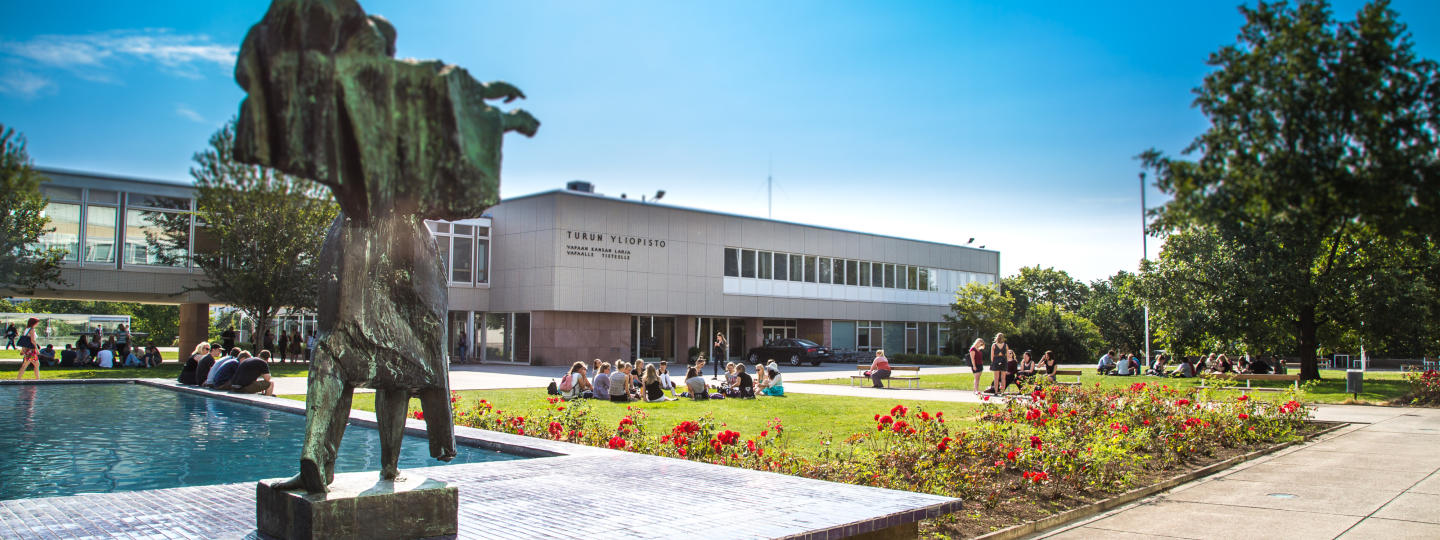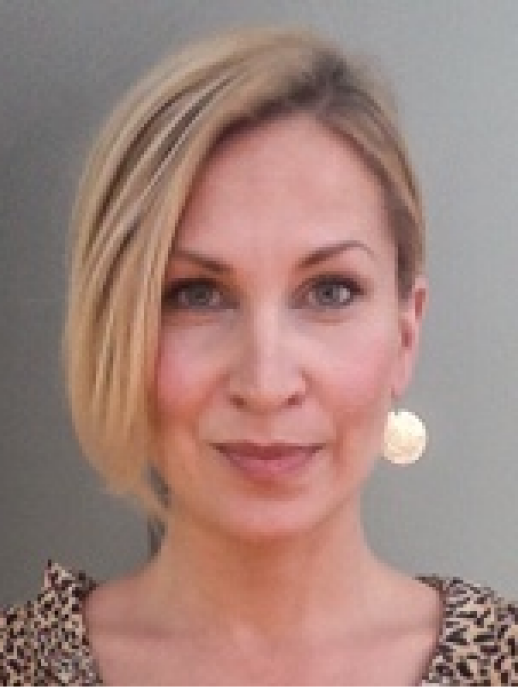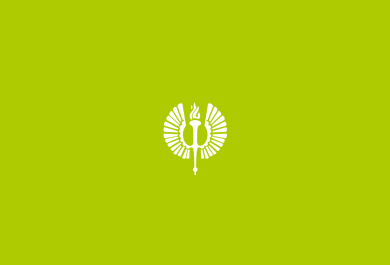The Ministry of Education and Culture has completed an evaluation on the openness of operational cultures in various research organisations. The objective of the evaluation was to assess how the organisations promote open science and research. The University of Turku scored best among the assessed organisations and achieved the highest possible scores in all areas assessed.
The evaluation assessed the maturity level of open science and research in higher education institutions, research institutes, research-funding organisations, the Academic and Cultural Institutes abroad, and the learned societies and academies based on the information available on each organisation’s external website and data collected via requests for information.
Maturity level depicts e.g. how the organisation's strategy promotes open access and further use of research findings and how it supports increasing competence in open science.
University of Turku Pioneers in Open Science
The Ministry of Education and Culture summarises that on the highest maturity level, openness of the operational culture is included in the organisation’s strategy: the organisation has the ability to utilise its immaterial capital and make decisions using the information available in the best possible way. Nine Finnish universities reached the highest maturity level.
– Four indicators were used to evaluate the higher education institutions: strategic steering, policies and principles, supporting openness, and competence promotion. The University of Turku scored best possible scores, 72/72, in all of the indicators assessed, rejoices Vice Rector of the University of Turku Kalle-Antti Suominen.
The Tampere University, the University of Jyväskylä, and the University of Eastern Finland also scored over 60 points.
Focus on Researchers – Removing Barriers Requires Action
The evaluation also included identification of barriers, strengths and weakness, and development needs in regard to open science.
The most significant obstacles identified by the researchers were juridical uncertainties, disproportionate standards to fulfil, conflicting incentives, and insufficient funding and resources. Removing these barriers in openness and acknowledging the needs of the researchers requires stronger collaboration between different higher education institutions both nationally and internationally.
Furthermore, the report suggests actions for different operators such as research funders, national coordination, home organisations of the researchers, and peer networks. The objective of the suggestions is to ensure that the essential conditions for conducting research are satisfied. The researchers should have enough time to conduct research, and the openness requirements should be in balance with the support services and education available. In addition, decreasing the administrative burden should be one of the objectives.
– The University of Turku will be taking these recommendations into consideration. We are already investigating e.g. how to assess researchers and research in a responsible way, with consideration of openness. In the near future, the University will assess e.g. the costs of open access publishing so that they would not fall solely on the researchers. Additionally, we are encouraging the researchers to apply the concept of open science in their research, Suominen tells.
Towards Openness with Agile Collaboration and National Coordination
According to the assessment report, the strengths of the Finnish open science culture include ability to change, thorough understanding of what openness means across the scientific process, strong pioneer organisations, and collaborative effort and willingness to support each other.
As a good example of this, in November 2019, the University of Turku, Tampere University, and University of Helsinki began investigating opportunities for stronger collaboration to promote open science.
– The collaboration will be continued already this week, when we consider together how to put the recommendations of the Ministry’s assessment into action and how to offer the researchers courses on data management in cooperation with each other, says Development Specialist of the University of Turku Erika Lilja.
The collaboration takes into consideration the regional and national levels, and it is expected to bring results to promote open science.
Open Science and Research is nationally coordinated by the The Federation of Finnish Learned Societies. The recently published Declaration for Open Science and Research (Finland) 2020–2025 calls for common national mission of promoting openness as the core value of science, strengthening the role of research in society, and increasing the reach and impact of research.
The Ministry of Education and Culture encourages the research organisations to continue supporting openness in science and research. The task of the research organisations is to create recommendations and principles for assessing researchers, also including consideration of the work and investments made to promote openness.



